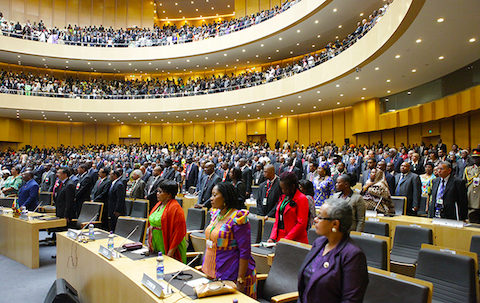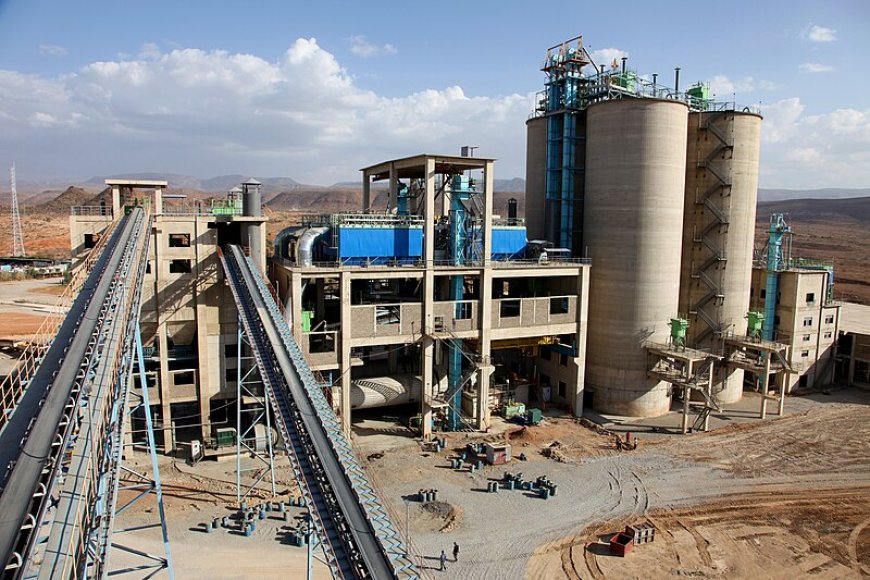Egypt Moves to Accelerate Privatization Drive After IMF Call


Quidah is an online platform that connects investors with curated opportunities and expert insights on Africa’s emerging markets, while offering businesses promotional services, partnership facilitation, and market intelligence to attract capital and grow their operations.
Industries
The International Monetary Fund (IMF) has urged Egypt to fast-track the privatization of state-owned assets, describing accelerated divestments as essential to economic reform and the attraction of foreign capital. Under its $8 billion program, the Fund emphasized that tangible progress in state asset sales is key to unlocking new liquidity and strengthening investor confidence.
Egypt’s government is now targeting the sale of three to four major state-owned enterprises this fiscal year, focusing on sectors such as telecommunications, airport management and finance. These transactions are expected to reduce the state’s economic footprint, raise much-needed revenue, and improve transparency in areas traditionally dominated by public or military-linked entities.
This renewed push aligns with Cairo’s broader reform strategy, which includes currency flexibility, fiscal consolidation and a shift toward private-sector-led growth. The government’s objective is to create a leaner, more competitive economic structure capable of sustaining job creation and foreign investment inflows.
Privatization on this scale could reshape Egypt’s business landscape. By introducing private management into key sectors, the country aims to improve operational efficiency, attract technical expertise, and modernize infrastructure. Companies positioned to provide advisory, financing, or operational support will find new partnerships and acquisition prospects emerging. Those engaging early with Egypt’s sovereign wealth structures and reform programs may gain preferential access to deals, while local entrepreneurs can benefit from spin-offs and subcontracting opportunities as the state retreats from direct ownership. The shift signals a gradual but significant opening of Egypt’s economy to dynamic market participation.


